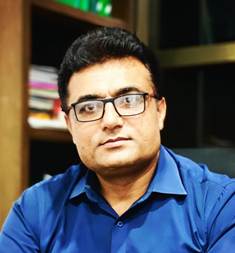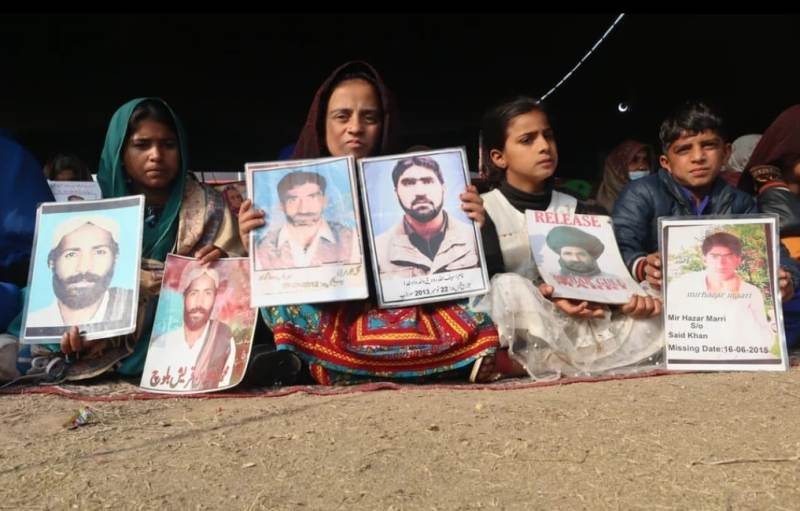 By: Chaudhry Tasawar Hussain
By: Chaudhry Tasawar Hussain
On a cold winter evening in Islamabad, where life often winds down before the night deepens, a profound silence blankets the city. The quiet streets seem almost poetic, reminiscent of Parveen Shakir’s verses. Yet, amidst this calm, one can hear the echoes of suppressed anguish – cries of resistance breaking through the stillness.
These cries belong to Baloch women. Draped in their chaddars and dupattas, they sit braving Islamabad’s unforgiving winter, unyielding and resolute. These women are no strangers to fear; they’ve already endured its worst form. They’ve faced the heart-wrenching absence of fathers, brothers, husbands, and sons – loved ones who vanished without a trace. They are the survivors of an epidemic that has plagued their homeland for decades: enforced disappearances.
The Painful Legacy of Enforced Disappearances
Balochistan, Pakistan’s largest but most marginalized province, has long been a region fraught with human rights abuses. The issue of enforced disappearances has left families in unending despair. Men are taken from their homes, often at night, by security forces. What follows is an unbearable silence: no information, no accountability. Many of these individuals remain missing for years, while others are discovered dead, their bodies abandoned in remote areas. These killings, carried out without trial or due process, are known as extrajudicial executions.
In November 2023, this grim reality ignited a fire of defiance. The catalyst was the tragic killing of 24-year-old Balaach Mola Baksh, abducted by counterterrorism police and later killed during a so-called operation. His death became a rallying cry, fueling widespread protests in Turbat, Balochistan’s second-largest city.
A Women-Led Movement
From November 23, 2023, to January 23, 2024, a group of extraordinary women took to the streets. These women, young and old, marched over 1,600 kilometers from Kech district to Islamabad. Their demand was simple yet audacious in its hope: an end to enforced disappearances and extrajudicial killings, and accountability for those responsible.
This movement is remarkable for the active participation of women in a traditionally patriarchal and conservative society. For decades, protests in Balochistan have often been dominated by men. Now, it is the women – many of them young and educated – who are leading the charge. Wrapped in their traditional attire, these women are dismantling stereotypes, demanding justice, and proving that courage knows no gender.
The Deafening Silence of the State
Despite their relentless march and weeks-long sit-ins in Islamabad, the state, judiciary, and law enforcement agencies remain silent. No meaningful response has been offered. The women, however, have refused to be silenced. They are determined to transform their grief into a call for justice, even as they end their sit-in, recognizing the state’s persistent indifference.
A Curse of Its Own Making
The enforced disappearances in Balochistan are not just a human rights violation; they are a self-inflicted wound for Pakistan. By ignoring the cries of its citizens, the state has deepened the divide between the center and Balochistan. This disregard for human dignity and justice will leave scars not just on Balochistan but on the nation as a whole.
Through their courage and resilience, the Baloch women have made one thing clear: their fight for justice is far from over. They may have ended their sit-in, but their voices will continue to echo in the corridors of power, demanding an end to the silence that has suffocated their people for far too long.
——————————————
Mr. Chaudhry Tasawar Hussain is a seasoned Pakistani journalist with over a decade of rich experience in the dynamic realms of print and electronic media. Known for his unwavering dedication and journalistic acumen, he has contributed significantly to some of Pakistan’s leading news channels.


Comments are closed.